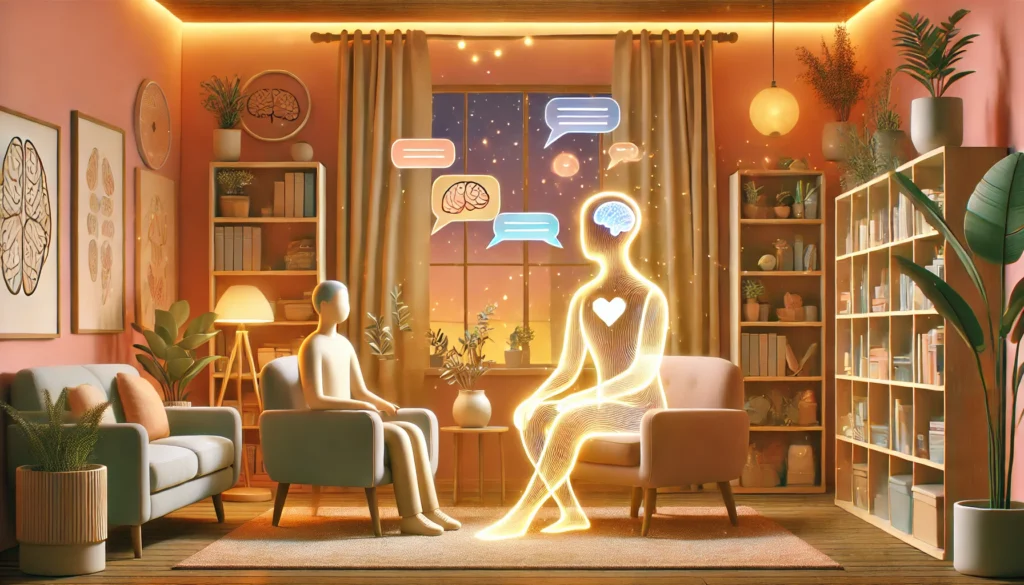The Growing Mental Health Crisis
Mental health issues such as anxiety, depression, and stress affect millions worldwide. Despite rising awareness, access to traditional therapy remains limited due to cost, stigma, and shortage of mental health professionals.
This gap has led to innovative solutions—among them, AI-powered mental health chatbots designed to provide support anytime, anywhere.
What Are Mental Health Chatbots?
Mental health chatbots are AI-driven programs that simulate conversation to help users manage emotions, provide coping strategies, or guide them through therapeutic exercises.
Examples include:
These chatbots use natural language processing (NLP) and cognitive behavioral therapy (CBT) principles to interact empathetically and provide evidence-based mental health tools.
How Do AI Chatbots Support Mental Health?
Chatbots offer several benefits:
- Accessibility: Available 24/7 on smartphones and computers.
- Anonymity: Users can open up without fear of judgment.
- Affordability: Many apps offer free or low-cost services.
- Consistency: Provide regular check-ins and reminders.
- Scalability: Can support thousands of users simultaneously.
They guide users through mood tracking, mindfulness exercises, journaling prompts, and cognitive restructuring techniques that are key components of therapy.
Can Chatbots Replace Human Therapists?
While AI chatbots are promising, they’re not a substitute for professional therapists. They lack:
- Genuine empathy
- Ability to understand complex emotional nuances
- Crisis intervention capabilities
- Personalized, in-depth therapeutic relationships
Experts recommend chatbots as complementary tools—great for early support, self-help, or bridging gaps until professional care is available.
Scientific Evidence and User Experiences
Studies have shown that AI chatbots can reduce symptoms of depression and anxiety in mild to moderate cases. For example:
- A study published in JMIR found Woebot helped users reduce depressive symptoms in two weeks.
- User reviews often praise chatbots for providing a “safe space” and practical tools.
However, evidence for long-term effectiveness and severe mental health conditions is still limited.
Ethical and Privacy Concerns
Using AI for mental health raises important questions:
- Data security: Sensitive personal information must be protected.
- Accuracy: Chatbots must avoid giving harmful or incorrect advice.
- Transparency: Users should know they are talking to AI, not a human.
- Bias: AI models must be trained to avoid cultural or demographic biases.
Developers and regulators are actively working to address these issues.
Future Trends: Smarter, More Human AI
The future may bring chatbots that better understand context, tone, and emotions using advances in AI such as affective computing and emotion recognition.
Integration with wearable devices could enable chatbots to monitor physiological signs and offer timely interventions.
Eventually, hybrid models combining AI and human therapists may provide the best of both worlds: scalability and empathy.
Conclusion: A Valuable Tool, Not a Replacement
AI mental health chatbots are a powerful new resource for expanding access to mental wellness support. They offer immediate, affordable help and can empower users with coping skills.
But they cannot replace the nuanced, personalized care of human therapists—at least not yet.
As technology evolves, chatbots will likely become increasingly sophisticated partners in mental health care, complementing traditional therapy and helping millions worldwide access the support they need.

